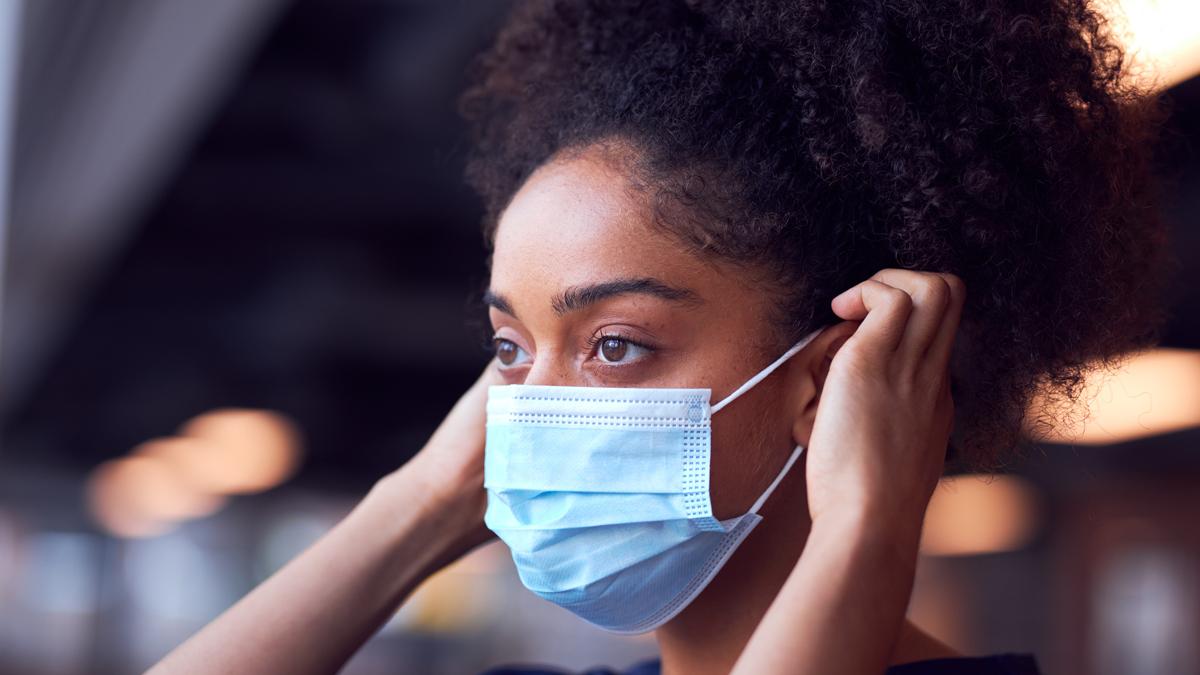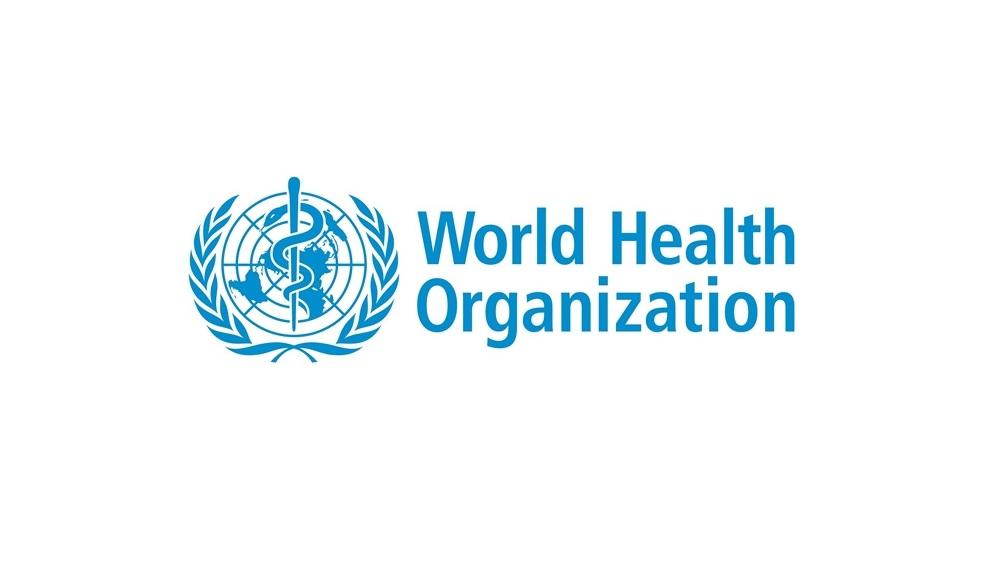4 years on: Remembering the COVID-19 pandemic

This year, Monday 11th March marked four years since the World Health Organization (WHO) declared COVID-19 a global pandemic.
Following this important day, pharmaphorum remembers the more than seven million people worldwide who lost their lives to the virus and celebrates the progress made, speaking with Dr Anu Osinusi, vice president of clinical development in hepatitis, respiratory, and emerging viruses at Gilead, who is a clinician-researcher with over 15 years of experience in drug development, infectious diseases, and global health.
Lessons learned
While the virus remains as an ongoing concern, new variants continuing to evolve and spread and vaccine booster uptake continuing to slow, there are periodic surges in case counts, hospitalisations, and even deaths. Indeed, COVID-19 is now endemic and in the week ending 18th February there were still 75,719 reported cases globally.
Furthermore, Long COVID continues to impact an estimated 1.7 million people in the UK. Clearly, lessons learned during the pandemic must not be forgotten
“When compared to influenza, hospitalisation for COVID-19 has been found to be associated with a higher risk of death and hospital readmission at six months,” explained Dr Osinusi. “We should not let our guard down and should continue to treat people, particularly those most vulnerable to severe outcomes, promptly and according to the latest treatment guidelines.
High-risk older adults and the immunocompromised
While COVID-19 continues to be a public health issue, it notably poses a significant threat to people who are at high risk of disease progression or severe COVID-19. That includes people aged 65 and older, those with high blood pressure, diabetes, chronic lung or heart disease, and kidney or liver disease, as well as those who are immunocompromised (e.g., patients with organ transplants, cancer, or HIV). And many patients at high risk who become infected with COVID-19 require hospitalisation or admission to the intensive care unit (ICU).
“The good news is that there are treatments available,” said Dr Osinusi. “Such as antivirals, which are effective in stopping the replication of the virus. These treatments help mitigate the risk of patients progressing to more severe illness. The antiviral treatments can be administered orally or intravenously, depending on the medication and the severity of infection.”
Preparing for “the next virus”
When asked how “the next virus” can best be prepared for, Dr Osinusi noted Gilead’s positioning in treatment of viral pandemics – a focus ever since the company was founded, more than 35 years ago – and highlighted the need for dedicated research teams, as well as collaboration.
“As we continue to research options to address unmet needs in COVID-19, we also have a dedicated team researching other emerging viruses and antiviral therapeutics to ensure we are well placed to respond to emerging and future viral threats,” Dr Osinusi explained. “But success will require partnerships and collaboration.”
To this end, the Intrepid Alliance, a consortium of biopharmaceutical companies dedicated to accelerating the pipeline of antiviral treatments to help protect the world against future pandemics, was launched in 2023.
Gilead is a member of the consortium and supports the effort to apply industry expertise in drug development to progress the antiviral pipeline. The company developed the first licensed antiviral medicine for the treatment of COVID-19, building on more than three decades of expertise.













